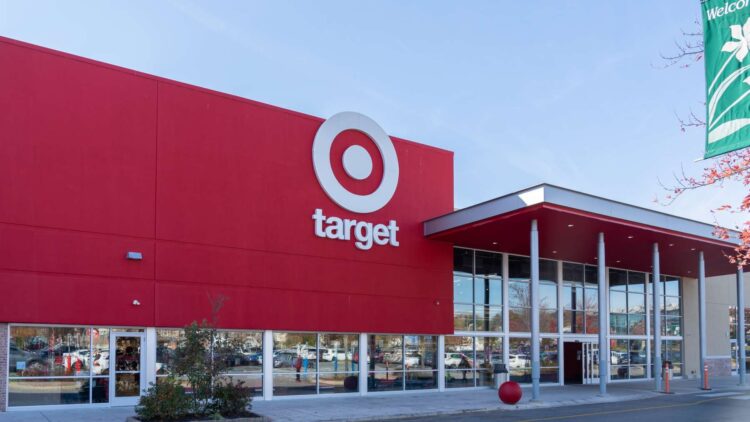Unlike Walmart, Costco, and Amazon, Target Corporation is proposing a new strategy for its stores. The company advocates strengthening commercial security and preventing shoplifting, and to this end, it is proposing smart display cases and QR codes to solve the problems it faces. The US Sun has focused on this new implementation, and Reddit forums are highlighting the flaws it also addresses. In addition, the price matching policy is also being studied, along with management through the mobile app or website. Opinions vary, and there is a big debate on X (Twitter). Keep reading to find out all the latest information.
New operational adjustments
The retail chain Target recently decided to implement a series of operational adjustments that, far from being well received, caused a wave of confusion and annoyance among both its employees and consumers.
Target and the advance that caused inconvenience
In an attempt to modernize its security protocols, the retail chain began replacing traditional lockers with display cases that use QR codes to access high-value or theft-prone products, such as alcoholic beverages and clothing.
The update, reported by The US Sun, aims to streamline the shopping process and reduce losses due to theft. However, implementation has been uneven across the country’s stores, with employees sharing mixed experiences on forums such as Reddit.
While some highlight that the new system improves operational efficiency, others complain that customers do not understand how to use the QR codes and end up scanning them with their own phones without getting results.
A technological failure accompanies another controversy at Target
Although the display cases include clear instructions, confusion remains. Some users even point out that the lack of specific training for both employees and consumers is causing more delays than benefits. So far, Target has not issued any official statements in response to criticism or questions about this new anti-theft measure.
In addition to the change in its security measures, the chain confirmed the elimination of one of its most popular consumer policies: price matching with external competitors.
As a result, customers will only be able to request adjustments if they find a lower price within the Target ecosystem, whether in another physical store, on its mobile app, or on the Target.com website. This change was initially leaked by an employee through an internal memo and later confirmed by a company spokesperson.
Risk to Target’s reputation
The company justified the decision by stating that most adjustment requests already came from prices within its own network. However, many shoppers expressed their disappointment on platforms such as X (formerly Twitter), accusing the chain of reducing its competitiveness and moving away from consumer-friendly policies.
Target’s recent decisions, both in terms of security and pricing strategy, seem to point to greater operational efficiency. However, the side effects could be negative in the competitive US retail market.
Target testing digital shelf locks to prevent theft and improve shopping
The technology allows locked cases to be remotely opened via smartphone, potentially eliminating the need for physical keys. Target’s Chief Stores Officer, Adrienne Costanzo, shared details of the initiative during an internal staff meeting on Thursday, noting that employees, as well as potentially Shipt shoppers and Target Circle 360 members, may soon gain access to the feature.
The company is actively testing the tool now, Costanzo said in the meeting, according to a recording reviewed by Bloomberg News.
The move comes amid a broader industry response to rising retail theft, which has prompted many stores to secure high-theft items, frustrating customers and slowing down service. While the practice can deter theft, it often creates bottlenecks in the shopping experience.
Walmart has already begun testing similar innovative locking systems and has discussed offering access to its Walmart+ members, as previously reported by Bloomberg.
Target executives have stated that efforts to reduce shrinkage, losses from theft, damage, or error, are beginning to pay off. The new tech pilot is designed to strike a balance between loss prevention and customer satisfaction.

